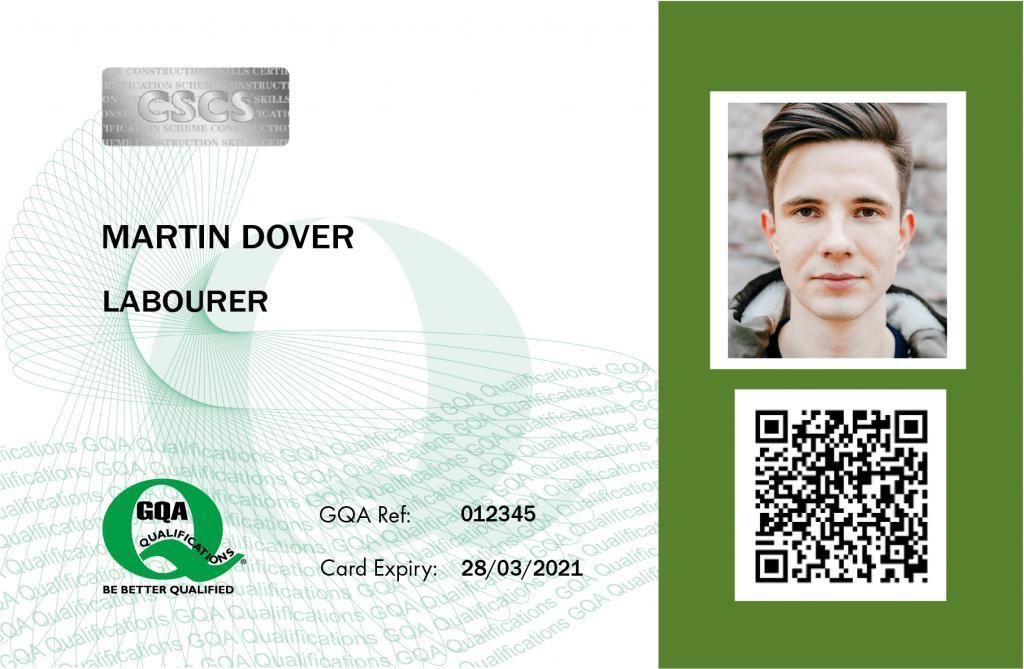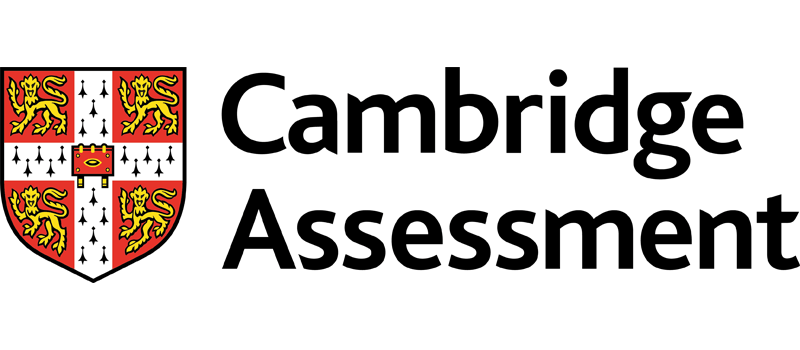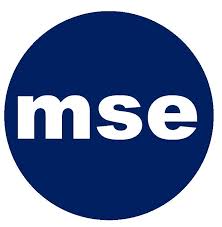
Human Rights and Social Justice Advocacy
Course ID: 2503030107753ESH
Course Dates : 03/03/25 Course Duration : 5 Studying Day/s Course Location: London, UK
Language: Bilingual
Course Category: NGO Programmes
Course Subcategories: Advocacy and Campaign Management
Course Certified By: ESHub CPD & LondonUni - Executive Management Training
* Professional Training and CPD Programs
Certification Will Be Issued From :
From London, United Kingdom
Course Fees: £5,120.30
Vat Not Included in the price. VAT may vary depending on the country where the course or workshop is held.
Click to Pay
Date has passed please contact us Sales@e-s-hub.com
Course Information
Introduction
The pursuit of human rights and social justice stands as a cornerstone of equitable societies, yet its implementation remains fraught with challenges in an increasingly interconnected world. This course delves into the intricate dynamics of advocacy, equipping participants with the tools to champion human rights principles effectively. Whether addressing systemic discrimination, advocating for marginalized communities, or influencing policy reforms, the need for skilled advocates is more pressing than ever. By exploring frameworks such as the Universal Declaration of Human Rights (UDHR) and Amartya Sen’s capability approach, participants will gain a robust understanding of the theoretical underpinnings that guide effective advocacy.
Despite widespread awareness of human rights principles, significant gaps persist in translating these ideals into actionable strategies. Many organizations struggle with limited resources, inadequate training, and fragmented approaches to advocacy. For instance, grassroots NGOs often face challenges in navigating legal systems or leveraging data-driven insights to influence decision-makers. This course addresses these gaps by integrating practical methodologies with cutting-edge research, ensuring participants are equipped to tackle real-world issues. A notable example is the successful campaign by Malala Yousafzai’s foundation, which combined storytelling, grassroots mobilization, and global partnerships to advocate for girls’ education—a model that underscores the power of strategic advocacy.
Mastering the content of this course offers profound benefits for both individuals and organizations. Professionals will enhance their ability to design and implement advocacy campaigns, thereby amplifying their impact within their respective fields. Organizations, in turn, will benefit from improved compliance with international standards, strengthened community engagement, and enhanced credibility. The intersectionality framework, popularized by Kimberlé Crenshaw, serves as a guiding principle in this course, enabling participants to address overlapping forms of discrimination and inequality systematically.
The relevance of human rights advocacy extends across industries, from healthcare to education, corporate responsibility, and beyond. Consider the case of Patagonia, a company renowned for embedding social justice into its business model. By advocating for environmental rights and labor protections, Patagonia has demonstrated how advocacy can align with organizational goals to drive sustainable change. This course draws on such examples to illustrate how advocacy transcends traditional boundaries, fostering collaboration between sectors to achieve shared objectives.
Participants will also explore the role of technology in modern advocacy, examining how digital platforms have transformed the landscape of social justice movements. From the Arab Spring to #BlackLivesMatter, technology has proven instrumental in mobilizing support and raising awareness. However, ethical considerations—such as data privacy and misinformation—must be addressed to ensure responsible use. By incorporating lessons from these movements, the course provides a nuanced perspective on leveraging technology for advocacy while mitigating potential risks.
Ultimately, this course seeks to empower participants to become catalysts for change, bridging the gap between theory and practice. By fostering a deeper understanding of human rights principles and equipping participants with actionable strategies, it lays the foundation for transformative impact. Whether advocating for policy reform, leading community initiatives, or driving organizational change, participants will emerge with the skills and confidence to advance social justice in their unique contexts.
Objectives
By attending this course, participants will be able to:
Analyze key human rights frameworks and their application to contemporary social justice issues.
Evaluate the effectiveness of advocacy strategies using case studies and measurable outcomes.
Design inclusive campaigns that address intersectional challenges faced by marginalized communities.
Implement data-driven approaches to inform advocacy efforts and measure impact.
Apply ethical guidelines when utilizing digital tools and platforms for advocacy purposes.
Develop collaborative partnerships with stakeholders to amplify advocacy initiatives.
Synthesize global best practices to adapt advocacy strategies to local contexts.
Who Should Attend?
This course is ideal for:
NGO professionals seeking to enhance their advocacy skills and program effectiveness.
Policy analysts and consultants aiming to integrate human rights principles into their work.
Corporate social responsibility (CSR) officers tasked with aligning organizational goals with social justice imperatives.
Educators and trainers focused on promoting human rights education and awareness.
Community leaders and activists striving to address systemic inequalities.
These groups will find the course valuable as it bridges theoretical knowledge with practical applications, empowering them to drive meaningful change. While prior experience in advocacy is beneficial, the course is structured to accommodate beginners and intermediate learners, providing foundational knowledge alongside advanced strategies.
Training Method
• Pre-assessment
• Live group instruction
• Use of real-world examples, case studies and exercises
• Interactive participation and discussion
• Power point presentation, LCD and flip chart
• Group activities and tests
• Each participant receives a 7” Tablet containing a copy of the presentation, slides and handouts
• Post-assessment
Program Support
This program is supported by:
* Interactive discussions
* Role-play
* Case studies and highlight the techniques available to the participants.
Daily Agenda
Daily Schedule (Monday to Friday)
- 09:00 AM – 10:30 AM Technical Session 1
- 10:30 AM – 12:00 PM Technical Session 2
- 12:00 PM – 01:00 PM Technical Session 3
- 01:00 PM – 02:00 PM Lunch Break (If Applicable)
- Participants are expected to engage in guided self-study, reading, or personal reflection on the day’s content. This contributes toward the CPD accreditation and deepens conceptual understanding.
- 02:00 PM – 04:00 PM Self-Study & Reflection
Please Note:
- All training sessions are conducted from Monday to Friday, following the standard working week observed in the United Kingdom and European Union. Saturday and Sunday are official weekends and are not counted as part of the course duration.
- Coffee and refreshments are available on a floating basis throughout the morning. Participants may help themselves at their convenience to ensure an uninterrupted learning experience Provided if applicable and subject to course delivery arrangements.
- Lunch Provided if applicable and subject to course delivery arrangements.
Course Outlines
Foundations of Human Rights and Social Justice
Overview of key human rights frameworks (e.g., UDHR, ICCPR).
Historical evolution of social justice movements.
Understanding intersectionality and its implications for advocacy.
Ethical considerations in human rights work.
Day 2:
Advocacy Strategies and Tools
Principles of effective advocacy campaigns.
Role of storytelling and narrative-building in advocacy.
Leveraging media and public relations for maximum impact.
Case study analysis: Successful advocacy campaigns.
Day 3:
Data-Driven Advocacy
Importance of evidence-based advocacy.
Collecting and analyzing data to support advocacy goals.
Using technology and digital tools responsibly.
Addressing misinformation and ensuring data integrity.
Day 4:
Building Collaborative Partnerships
Engaging stakeholders across sectors.
Strategies for coalition-building and networking.
Navigating power dynamics in partnerships.
Best practices for sustaining long-term collaborations.
Day 5:
Implementation and Impact Assessment
Designing actionable advocacy plans.
Monitoring and evaluating campaign outcomes.
Adapting strategies to local and cultural contexts.
Reflecting on personal growth and future directions.



















































